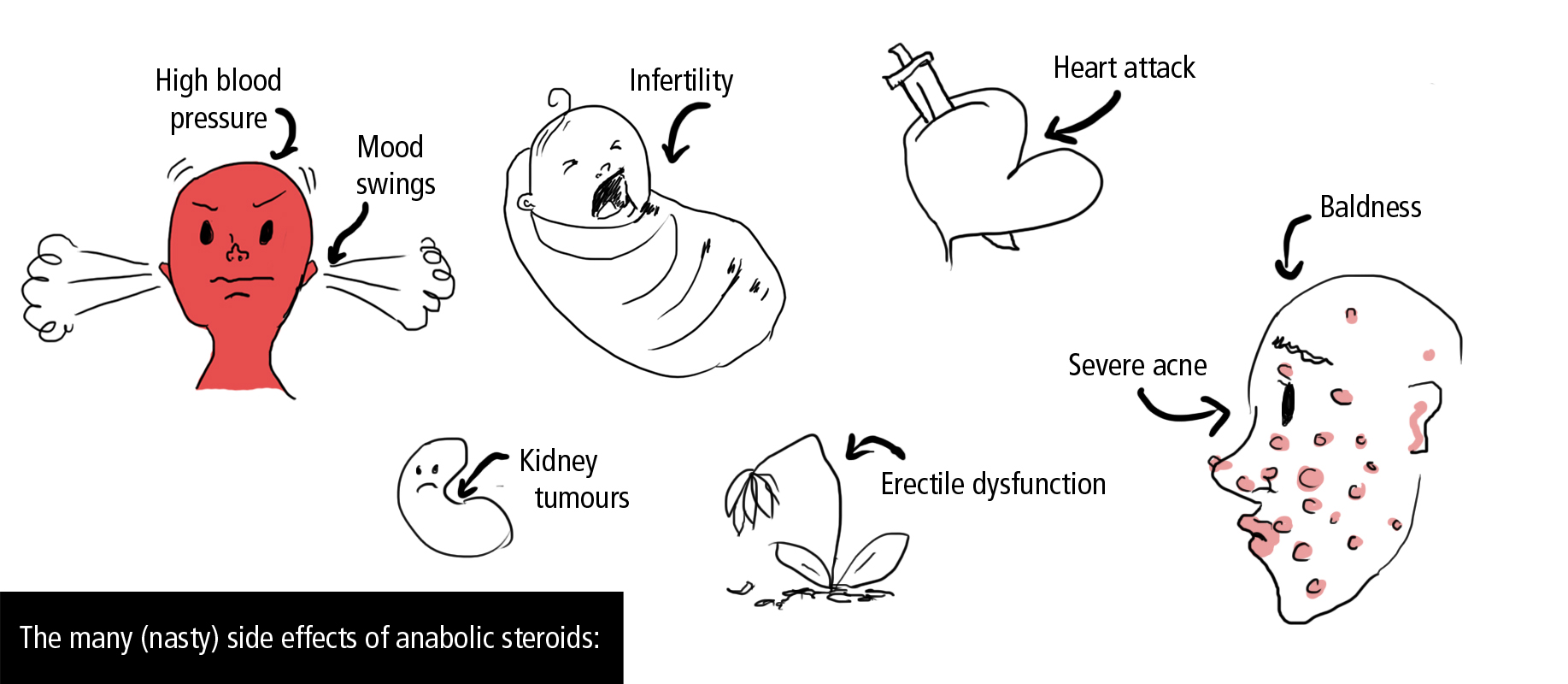This week is Men’s Health Awareness Week, and we’re taking a look at the often invisible demand on men to achieve the perfect physique – something that can be truly damaging to both mental and physical health, leading to a collection of destructive behaviors.
Eating disorders have always been represented as stereotypically female. We see women dieting on TV shows, fighting with their weight, struggling with their ‘unsatisfactory’ body image. Meanwhile on the same show, we see a handsome male with the perfect physique, but it all seems to come naturally to him, and there’s no sign of concern with regards to his ideal body weight. Unfortunately, we have to remember this TV show’s representation, like its storyline, is all fiction.

We see masculine body ideals all over the media. There are high expectations placed on men: a need for a V-shaped body, chiseled abs, large arms. Men are expected to be both big and small, with low body fat, and high muscle mass.
The media’s supposed need for a ‘bigger’ muscles even extends its reach into the video game world, leaving gamers at risk of distorted body image and dissatisfaction. Men are bulking up, then cutting fat, allowing their weight to fluctuate.
Eating disorders are known to be more prominent in females than males. However, these problems in young men are being overlooked. In a recent study in Australia from Journal of Eating Disorders, researchers found 41% of their male participants had eating disorders. But these findings seem to differ across papers, which suggests one thing: that there just isn’t enough research into male eating disorders
Muscle dysmorphia – the ‘male anorexia’
Whilst many men and women seek to lose weight, there are others who seek to get bigger, and bigger. This obsessive behavior may be linked with ‘muscle dysmorphia’, also known as ‘bigorexia’, where an individual gains more and more muscle, yet believes they are too still skinny or weak.
Muscle dysmorphia and eating disorders share some similarities, but do they depend on the person? Yes, according to a 2013 study in Journal of Eating Disorders. Researchers in the study noted that eating disorders and muscle dysmorphia were not specific to sexuality. Instead researchers had to look deeper at the individual and their gender roles. They measured the ‘masculinity’ and ‘femininity’ of these men, and found an interesting pattern.
‘Feminine’ men were at greater risk of eating disorders, pursuing a thinner physique. ‘Masculine’ men, meanwhile, were more prone to muscle dysmorphia. Whilst this finding was interesting, we need to ask: what is ‘feminine? What is ‘masculine’? Researchers suggested feminine traits included ‘dependency’ and that ‘feminine’ males were more likely to seek approval from others.

But is this a feminine trait? I’m sure many of you would argue it isn’t. In my eyes, it’s just a type of behavior that any human being may have. Once again, we need to understand that these disorders can’t always be sorted into boxes. Categorizing eating disorders as ‘feminine’ may simply stigmatize these illnesses, making it harder for men to seek help. Despite a culture where gender roles are becoming more fluid, labelling these disorders may still be detrimental.
Substance abuse & the ‘roid rage
Eating disorders and muscle dysmorphia are undoubtedly connected to substance abuse. In bulimia, we see the ritual use of laxatives in order to purge the body of its previous food binge. Those with an eating disorder may also turn to amphetamines in order to suppress their appetite and reduce the pains of hunger.
In muscle dysmorphia the harmful use of steroids is known to be a problem. With the promise of boosting bulk, and burning fat tissue, men are lured down the dangerous path of anabolic steroid abuse. While some natural hormone boosting supplements may be considered safe, there are a whole hoard of illegal and unpleasant chemicals being used to help men reach their aesthetic ideals.

Side effects of anabolic steroids may eventually lead to infertility, a heart attack or stroke, liver or kidney tumors, and increased risk of prostate cancer. On top of that, users are at higher risk of baldness and heavy acne.
The psychological effects are also worth mentioning. These steroid users tend to find themselves getting more aggressive, with dramatic mood swings. In extreme scenarios they’re exposed to hallucinations and delusions. And you have to remember these steroids are addictive. Once you’re hooked, withdrawing from steroids can have consequences, such as depression, anorexia, and insomnia.
The demands on men to gain and maintain the ideal physique are taking their toll. Eating disorders and distorted body image are an overlooked problem for our gender. Men are turning to substances in order to control their weight, threatened by a whole range of nasty side effects. It’s time to acknowledge these issues in men, without stigma or stereotyping.
[…] https://finaloriginalblogs.dev/bmcblog/2014/06/09/the-perfect-body-how-eating-disorders-and-body-ima… […]
Awesome work. Thanks for sharing your ideas and research work with us. It has proved to be a great help to me. Keep sharing.